Soft Skills
Soft skills are our people skills or our personal skills that are used in everyday interactions, and can help to enhance these interactions and our interpersonal relationships.
Compared to hard skills, which are the skills we need to do something like our job, soft skills are part of our makeup and our personality.
Though not as job-critical as hard skills, these soft skills can help to enhance our career, as well as make us more employable.

Our soft skills can be
Communication
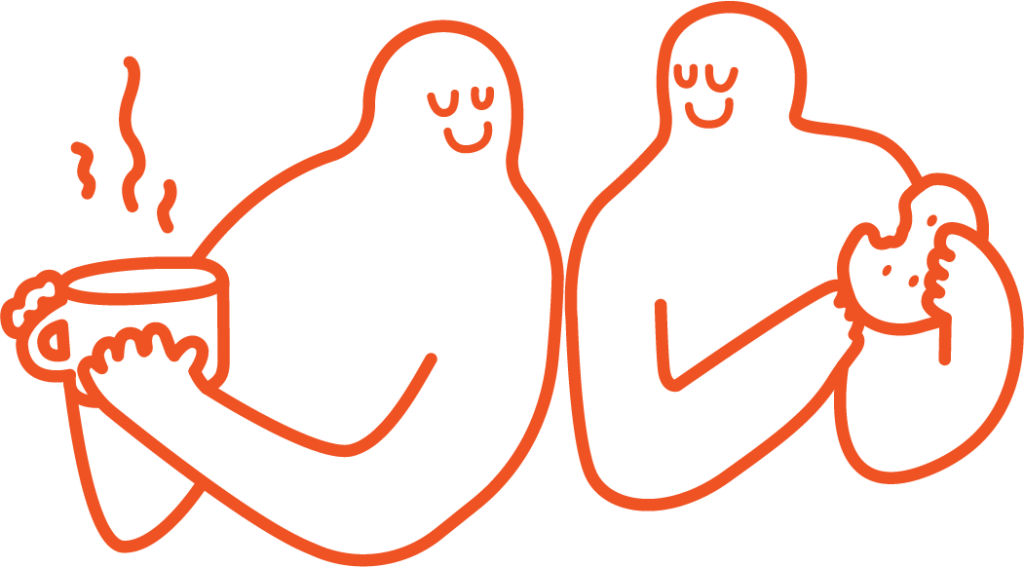
Active Listening: making sure we are focused and paying attention to the person talking, i.e. not looking at our phone or away.
Encouraging/Reassuring: when one of our friends, family members or colleagues is having a bad day, we take time to pick them up, reassure them and give them a boost.
Confirm/Reflect: giving confirmation, positively or negatively, allows the person we are speaking with to know if we have understood what we are talking about. we can also take time to reflect on what the person has said before giving an answer.
Clarify/Paraphrase: sometimes, the person we’re talking to might not understand us, and that’s okay! we just need to rephrase what we’re saying and confirm they understood.
Do Not Interrupt: as part of our active listening soft skill, we make sure we let the other person speaking finish before we start talking.
We can also have nonverbal cues, which do not involve us speaking, but are an important part of communication. this includes;
Nodding, hand gestures: nodding and making gestures with our hands can show we are interested and actively participating in the conversation.
Eye Contact: making eye contact can sometimes make us anxious, but this can show we are focused on the person speaking. this eye contact can help to build the confidence of and relationships with the people we are speaking to.
Posture: having a positive posture, not slouching or slumping shows we are interested and attentive. sitting with a straight back can help our posture and our confidence.
Speaking tone & pace: this can be an important part of nonverbal communication, making sure we are clear and can be understood.
Critical thinking

Analysis – informed decisions: taking time to think about our actions can be critical; acting on impulse can sometimes lead to unideal or even dangerous situations. if we spend time analysing the situation and making an informed decision, this can result in a more positive outcome
Creativity, flexibility, curiosity: creativity can be found every day! whether it’s in a piece of art, or even a smart solution for our lunch, our creativity can be found in the smallest of actions.
Out of the box thinking: have you ever managed to solve something that nobody else could? whether it’s stopping your sibling from crying or
Leadership
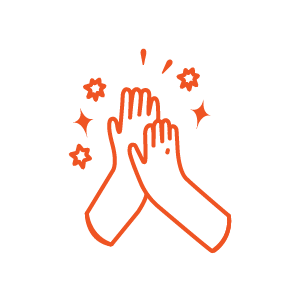
Everyone can be a leader! being a leader isn’t just about being “the boss”, it can be being the one who organises things with their friends, or even gives people a boost. leadership can include things like
Conflict management/resolution: nobody likes to argue, so being someone who can solve an argument peacefully can be a very important skill. it shows a calm, cool head, and an ability to rise above conflict situations
Delegate, decision making: you can’t do it all on your own, so you smartly delegate other tasks to people so the workload is spread. this might be getting someone to clean the kitchen whilst you clean the bathroom.
Inspiring, motivating: we all need a little boost from time to time, so can you be someone who rallies the troops and is able to put a smile on everyone’s face? hope is never lost, so be the one who sees the glass as half full!
Attitude
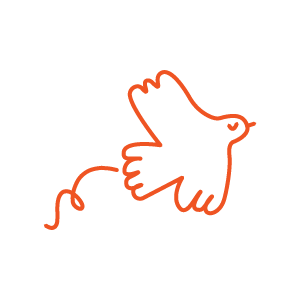
Positive, confident:
Sense of humour: everyone loves to laugh, so why not be the person who brings a smile to everyone’s face? remember to moderate your sense of humour to a situation, working out when is and isn’t an appropriate time to use humour.
Courteous, friendly: always remember to
Energetic, patient:
Teamwork
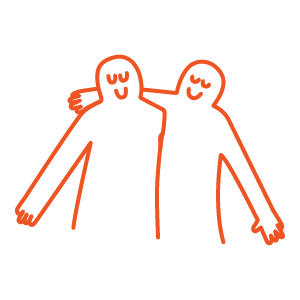
Open to feedback
Self-aware
Empathy
Collaborating
Social
Work Ethic
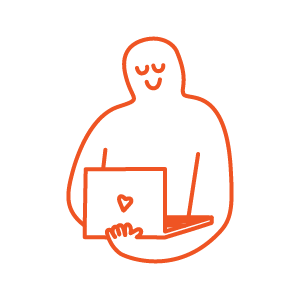
Competitive
Driven
Persistent
Thick skinned
Results orientated
Task
Who is someone you admire or look up to
What is it about that person i admire?
And what soft skills do they have that you wish you could acquire?